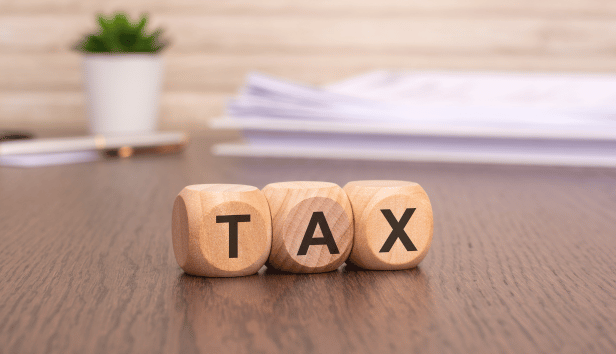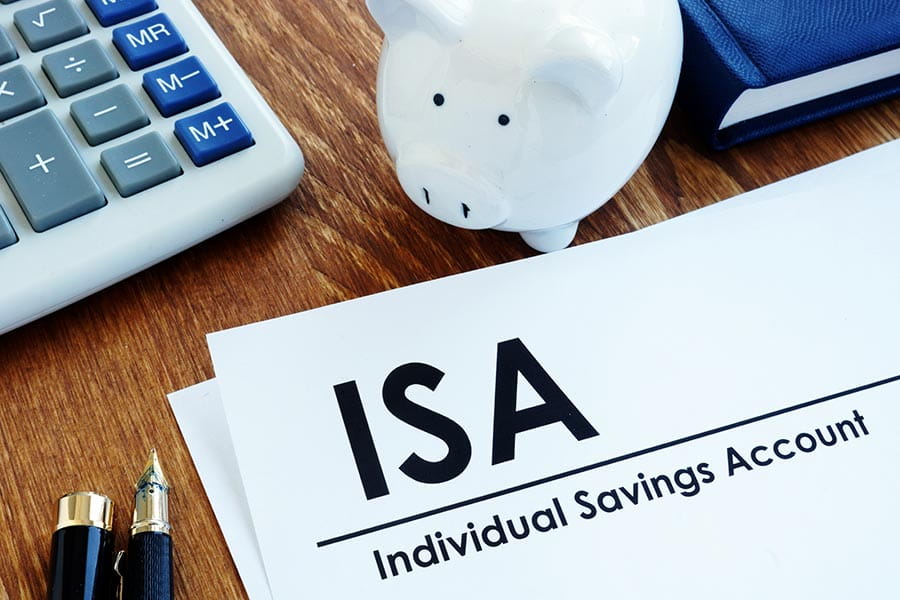

This article is for general guidance only and is not financial or professional advice. Any links are for your own information, and do not constitute any form of recommendation by Saga. You should not solely rely on this information to make any decisions, and consider seeking independent professional advice. All figures and information in this article are correct at the time of publishing, but laws, entitlements, tax treatments and allowances may change in the future.
ISA reforms are rumoured to be on the cards in this autumn’s Budget. There are reports the cash ISA allowance could be capped and stamp duty on shares could be cut amid wider aims to encourage more people to invest in the stock market.
What does this mean for savers and investors, and what other tax rises are rumoured to be on the way?
What’s on this page?
There’s been a question mark over the future of cash ISAs for some time.
The government believes more savers should consider investing more of their long-term savings in the stock market. About 10 million cash ISAs are paid into each year, compared with 4 million stocks and shares ISAs, according to the latest government data.
Cash ISAs are popular with over-50s and with many other savers who prefer a low-risk approach and to feel that their cash is readily available. But it’s worth remembering that while stocks and shares ISAs can go down in value as well as up, due to the uncertain nature of the stock market, cash ISAs are also not risk-free. The real value of money held in a cash ISA erodes over time if the interest rate doesn’t keep up with inflation.
Almost £70 billion was paid into cash ISAs in the 2023/24 tax year, compared with £31 billion put into stocks and shares ISAs, as savers responded to concerns about the future of cash ISAs.
Despite this, there’s still more money in total stored in stocks and shares ISAs than in cash ISAs, since those who do open stocks and shares ISAs tend to put more money into them and they typically have a higher rate of growth over time.
The Treasury was initially rumoured to be considering cutting the annual cash ISA allowance to £4,000. But this idea was put on the back burner earlier this year after a backlash from banks and the British public.
Now there are reports the chancellor Rachel Reeves could announce an ISA overhaul in next month’s Budget on 26 November. This could mean the cash ISA allowance possibly halving to £10,000 a year, according to the Financial Times.
People in the UK can currently pay £20,000 into ISAs each tax year. This can be paid into stocks and shares ISAs, cash ISAs or a combination.
Reducing the limit could come as part of a wider strategy to get more people investing. Just 8% of UK adults’ wealth outside pensions is held in investments, according to a recent report from asset manager Aberdeen. This is the smallest percentage of any G7 country, the report said. Women in particular are less likely to invest in stocks and shares.
Any move to cut the cash ISA allowance would likely be unpopular with UK savers. The idea is also not popular with the UK’s big building societies, who use these deposits to fund mortgage lending. They say that reducing the amount that can be saved into cash ISAs each year would limit funds coming in, pushing up mortgage interest rates as a result.
Cash ISAs are also often used as a way of saving for house deposits, which could add further hurdles for buyers and first-time buyers in particular.
Jeremy Cox, head of strategy at Coventry Building Society, said reducing the cash ISA allowance would make ISAs far more complex and runs the risk of backfiring. “The ISA remains one of the most popular ways to save or invest and our members keep telling us how unpopular any change to their annual cash allowance would be.”
.jpg?sc=max&mw=800&h=450&la=en&h=731&w=1300&hash=A27B915E55E83145E245EBB42DE86CEE)
The Treasury is also reportedly considering other changes to encourage the flow of more funds into British companies.
One option being considered is the removal of 0.5% stamp duty applied when buying shares in newly-listed UK companies, perhaps when bought through an ISA wrapper. Some think stamp duty on shares could even be scrapped entirely.
There could also be a requirement that a minimum percentage of money invested in any stocks and shares ISA should be held in UK-listed companies.
The previous Conservative government planned to introduce a “British ISA” to encourage more investment into UK companies. The proposals suggested an additional £5,000 annual allowance would be added to the overall £20,000 ISA allowance to be specifically invested in UK equities.
Reeves confirmed in her first Budget last year that the Labour government would not be launching a British ISA. But it now seems possible that an adapted version of the idea could find its way into the stocks and shares ISA rules.
Tom Selby, director of public policy at investment platform AJ Bell, believes that any reforms encouraging savers to invest spare cash in the stock market are welcome, but said that “Any move towards mandating UK asset allocations within ISAs would be a pretty naked political gimmick.”
He said: “The current fragmented market is overly complex and behaviourally illiterate, driving millions of people who could benefit from long-term investing to stick with cash, leaving them vulnerable to the impact of inflation. Simplifying ISAs by combining the cash and investment versions into a single product is the obvious long-term answer, making the system simpler to navigate and removing barriers between saving and investing.”
Investment platforms including AJ Bell and Hargreaves Lansdown have called for stamp duty to be removed on UK shares, rather than forcing investors to choose UK assets.
The ISA reform proposals come at a time when the Treasury is grappling with a rise in public sector borrowing, according to the Office for National Statistics. Borrowing in the financial year to September 2025 was £99.8 billion, which is up 13.1%) on the same six-month period of 2024 and the second-highest April to September borrowing since monthly records began in 1993.
Reeves told business leaders in Birmingham this week that Brexit has damaged the economy more than anticipated. She told Sky News last week that both tax rises and spending cuts will be on the agenda for the Budget.
Beyond ISAs, there are also other potential tax changes that could be announced in the autumn 2025 Budget. These include:
The Treasury has been contacted by Saga Money for comment.

.jpg?la=en&h=354&w=616&hash=E65DC479244420335132756D4EBB7DAA)

Learn how to combine pensions and whether it's worth it.
/mature-couple-looking-at-taxes.jpg?la=en&h=650&w=1400&hash=5CFABEEDC751F26D56DD3E85749E3C36)


Discover savings accounts which pay tax-free interest in our ultimate guide to Cash ISAs